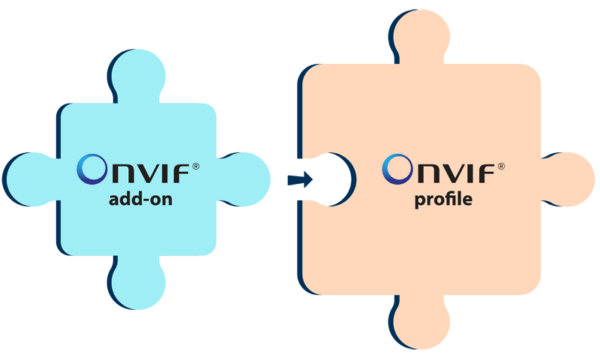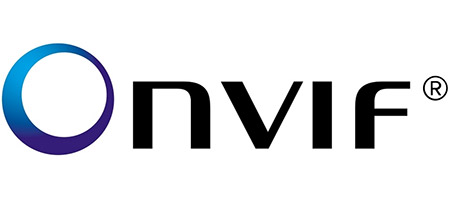
ONVIF has released the final version of the TLS Configuration Add-on to increase the security of communications between devices and software clients within a physical security system.
The add-on supports the configuration for Transport Layer Security encryption, enabling a conformant video management system to initially configure or update TLS settings in a conformant device, such as a camera, to support encrypted communications between the device and client.
“Cybersecurity is only growing in importance and using TLS as the foundational layer for cyber resilience is a baseline,”
said Leo Levit, chairman, ONVIF Steering Committee.
“With this new add-on, end users and system integrators can continue to combine products from different vendors while enjoying a standard way to configure TLS for improved security.”
The TLS Configuration Add-on is the first add-on to be released. An add-on involves a feature or features that address a specific use case or end user need that is not already covered under an ONVIF profile. Add-ons are also a new category of ONVIF specifications that complement an ONVIF profile, enabling manufacturers to conform to not only an ONVIF profile, but also to add on or extend its conformance to include certain features. Products must conform to an ONVIF profile before claiming conformance to an ONVIF add-on.
The add-on concept allows ONVIF to respond to the needs of the market more quickly, with increased interoperability and flexibility. An add-on can more easily address evolving technology/specification requirements, such as the case with cybersecurity. ONVIF profiles, meanwhile, are permanent, fixed sets of features that enable a functional product to be developed solely on the profile. Add-ons also support version handling to accommodate new technology additions or updates, unlike profiles which do not change.

ONVIF offers Profile S for streaming video; Profile G for video recording and storage; Profile C for physical access control; Profile A for broader access control configuration; Profile T for advanced video streaming; Profile M for metadata and events for analytics applications and Profile D for access control peripherals. ONVIF continues to work with its members to expand the number of IP interoperability solutions ONVIF conformant products can provide. visit: ONVIF
See morer articles on: ONVIF
Source: onvif.org
